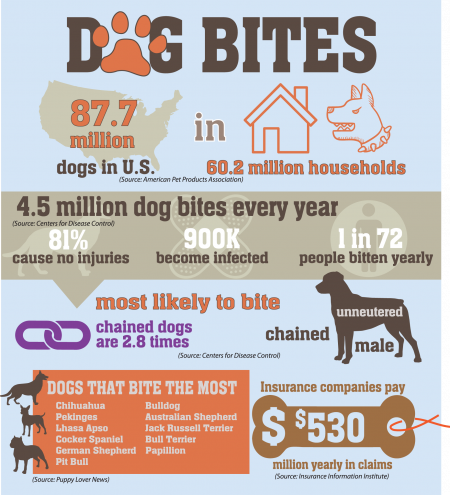Preparing Your Dog For Boarding
Preparing Your Dog For Boarding
Blog Article
Can Pet Daycare Reason Ailment?
Pet dogs in day care receive great deals of workout, socialization with other dogs and one-of-a-kind experiences. This can be specifically valuable for puppies and dogs with behavior problems.
There are numerous lawful considerations you need to take into consideration when beginning a dog daycare company. These include the structure of your service and conformity with federal government guidelines.
1. Dog Distemper
Canine distemper is spread out via straight contact with the bodily fluids and waste of an infected canine, however it can likewise be transferred by means of common water and food bowls or via air-borne beads. This very contagious illness is most harmful for young puppies, however it can affect pet dogs of any kind of age and is deadly for the majority of if left untreated.
Initial symptoms of canine distemper frequently imitate a cold, including drippy eyes and nose with watery or pus-like discharge. As the illness advances, a pet dog will certainly establish high temperature, coughing, minimized hunger, throwing up and looseness of the bowels. The infection can likewise assault the nerve system, leading to seizures, jerking and partial or total paralysis.
Respectable day cares decrease exposure to infection by needing vaccinations, routine health examinations and follow strict hygiene methods. If your dog appears excessively exhausted or limping, a day off might aid him recuperate, however you ought to avoid taking him back to childcare till these signs clean up.
2. Kennel Cough
Kennel coughing, likewise referred to as infectious canine tracheobronchitis or Bordetella, is a very transmittable viral or microbial disease that affects the respiratory system system. It's frequently transferred through the exchange of saliva or air beads that an ill canine breathes out. Social pets are at higher threat for infection because of their regular interaction with each other, such as when they play, share food or water, smell one another or simply fulfill in a jampacked atmosphere like a dog park or childcare.
The most common signs and symptom of kennel coughing is a persistent and forceful coughing that sounds like something stuck in the throat or retching. Usually, pet dogs will cough up foamy white phlegm. If left without treatment, a canine can develop pneumonia and go to severe danger for life.
A reputable childcare facility should have rigorous cleansing and sanitation methods, sterilize all toys, food and water bowls regularly, and be open concerning their vaccination plans. Keeping your dog approximately date on their vaccinations, particularly for bordetella and canine influenza, will substantially decrease their chances of acquiring the illness.
3. Parvovirus
Canine parvovirus, or parvo, is a very infectious viral illness that can be dangerous for puppies and young person canines with inadequate immune systems. It's most commonly spread out by direct contact with infected canine feces-- which can take place when canines smell, lick, or taste contaminated feces-- and indirectly from polluted individuals, objects, or settings (like kennels, grooming areas and lawns). Pups and canines without full vaccination backgrounds are especially at risk to parvo.
The virus is extremely durable, surviving in the atmosphere for up to nine years, and can conveniently be transferred between pet dogs by contact with feces or on shoes, garments, and bedding polluted with parvovirus. If not dealt with instantly with IV liquids, electrolyte balance, vomiting control drugs and antibiotics to stop secondary microbial infections, a dog will quickly dry out and develop serious looseness of the bowels, which results in shock and blood poisoning. Parvo is challenging to heal once a canine has actually become ill, however with ideal veterinary treatment, many young puppies do survive this health problem.
4. Pooch Influenza
Dog flu virus is extremely contagious and spreads through straight contact, sharing food and water bowls, licking or nuzzling other pet dogs, through airborne beads, and through polluted surface areas. Vaccination is effective in lowering the risk of infection and break outs.
The majority of affected canines create a light respiratory infection with a coughing that lasts 1-3 weeks. They might also have nasal and eye discharge, sneezing, and sleepiness. Some of the most severe instances result in pneumonia and a high fever.
If your canine boarding for dogs near me displays any one of these symptoms, do not bring them back to day care till they are healthy and balanced. If your dog is showing indications of severe fatigue or limping, speak to your veterinarian immediately and make certain they get on good health supplements to assist develop their resistance. A veterinarian will assess your canine for signs and symptoms of the influenza by taking an example from the nose or throat, and blood tests can be done to confirm.